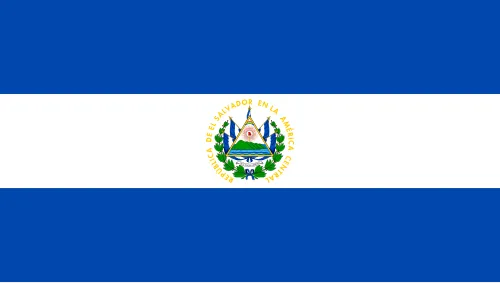
Celebrating Independence Day: Cyprus' Freedom from the United Kingdom
Every year on October 1st, the beautiful island nation of Cyprus commemorates its Independence Day, marking a pivotal moment in its history when it gained sovereignty from the United Kingdom in 1960. This day is not just a national holiday; it represents the resiliency, culture, and aspirations of the Cypriot people for freedom and self-determination.
A Brief Historical Overview
Cyprus has a rich history filled with various rulers, but the quest for independence intensified during the mid-20th century. The Cypriot population, particularly the Greek Cypriots, sought freedom from British colonial rule, which had been established in 1878. This desire culminated in the EOKA movement in the 1950s, aimed at ending British colonialism and bringing about enosis, or union with Greece.
Negotiations between the British government and Cypriot leaders eventually led to the Zurich and London Agreements, which resulted in the establishment of the Republic of Cyprus on August 16, 1960. The independence was formally recognized on October 1, becoming a cornerstone for the nation’s identity.
Cultural Significance of Independence Day
Independence Day is celebrated with fervor across Cyprus. The day typically features a variety of events, including military parades, cultural displays, and public speeches, reflecting the proud heritage of the island. Citizens participate in various festivities, where traditional music, dance, and gastronomy showcase Cypriot culture.
One of the highlights of the celebrations is the military parade held in the capital city of Nicosia, showcasing the National Guard's strength and the unity of the diverse communities on the island. Various local organizations also hold events, engaging citizens and instilling a sense of pride and gratitude for the sacrifices made during the struggle for independence.
Modern-Day Significance
While Independence Day primarily celebrates the political freedom of Cyprus, it also presents an opportunity for reflection on the ongoing challenges that the island faces, particularly the division between the Greek and Turkish communities. Since the Turkish invasion in 1974, Cyprus remains divided into the Republic of Cyprus in the south and the Turkish Republic of Northern Cyprus in the north, which is recognized only by Turkey.
Every October 1st, as the nation comes together to celebrate its independence, there exists a shared hope for reunification and lasting peace. The day serves as a reminder of the complexities of Cypriot identity and the interwoven histories of its people.
How Independence Day is Celebrated
Independence Day festivities are characterized by vibrant parades and events, where families and friends gather to honor their country. Many cities and towns organize street fairs featuring local crafts, foods, and performances, allowing visitors to experience the warmth of Cypriot hospitality.
Schools and educational institutions often engage students with programs about the significance of Independence Day, ensuring that the history and importance of this day are passed down through generations. This educational focus is vital for fostering national pride and awareness among the youth.
Conclusion
Independence Day in Cyprus is more than just a date on the calendar; it is a day filled with pride, nostalgia, and aspirations for a brighter future. It is a celebration of liberty and a recognition of the rich cultural tapestry that makes up this stunning island nation. As Cyprus continues to navigate its identity and strive for unity, the spirit of independence remains at the heart of its people’s dreams.





